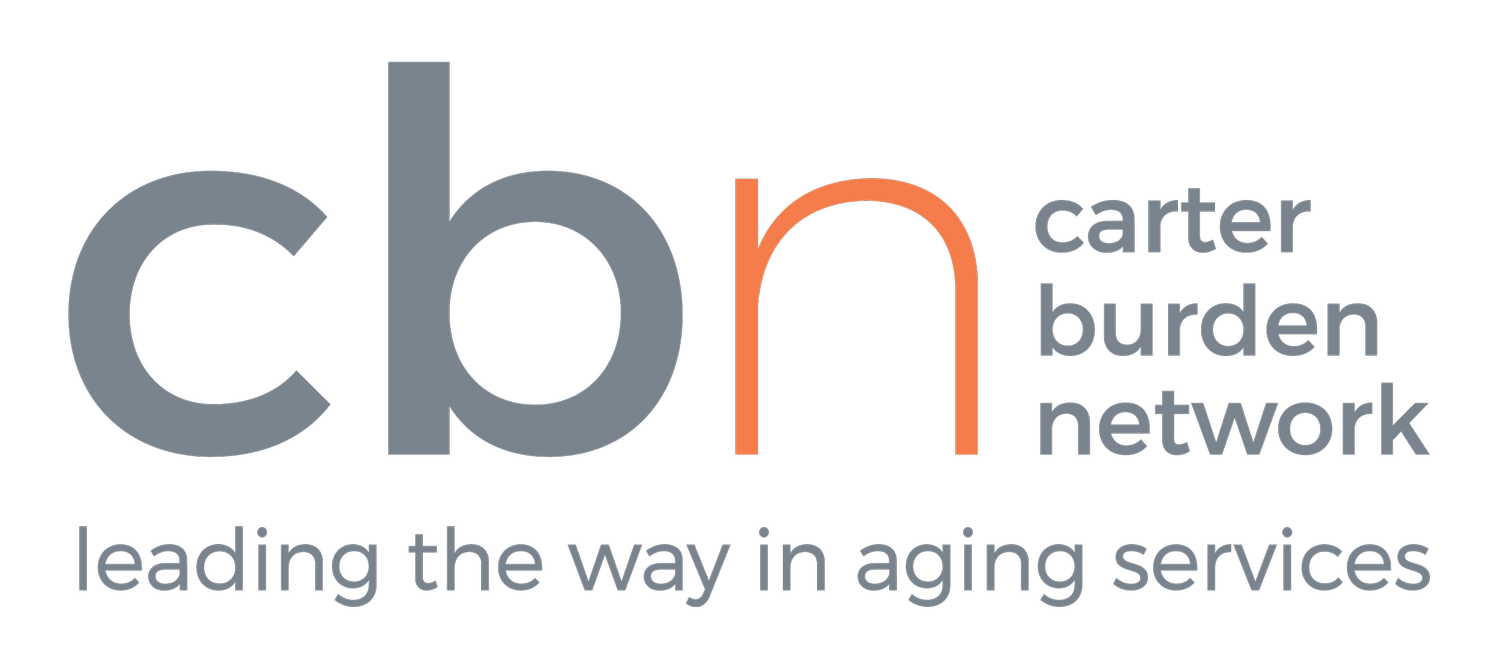Penny Greenberg’s world got smaller after her husband, Edward, passed away, just one year after their 50th wedding anniversary. Then, 15 years later, her Pekingese pup, Baby Lion, passed away, leaving Penny, 86, feeling alone and depressed.
“When I lost him I was really not up to par,” said the Upper East Side resident, sitting just a few feet from one of two cherished paintings of her furry companion of 14 years. But Penny was able to find purpose again thanks to Lenox Hill Hospital’s home-based geriatric mental health program, now in its second year.
“There are a lot of seniors, particularly on the Upper East Side, who suffer from a range of mental health disorders and don’t have access to care,” said David Roane, MD, chairman of psychiatry at Lenox Hill Hospital. “We are now out in the community serving the people in our own neighborhood who really need our services.”
Penny married young. She and Edward lived between New York and Monaco in the French Riviera for many years. She modeled and acted occasionally, working with disco-era choreographers, like JoJo Smith—who coached John Travolta on Saturday Night Fever. While she always kept her foot in the door, her focus was on raising their two kids, Jeffrey and Jolie.
“We would go on vacations, good vacations,” she said emphatically, flipping through aged Polaroids of African safaris, Arizona sunsets and milestone moments during a recent home visit.
After an initial assessment, patients receive 10 home visits with a mental health professional through the program.
“It gave me something to get ready for and look forward to,” said Penny, who had her fears of dementia eased during her home visits. “And it was something definite. It’s not something I could’ve changed my mind or not gotten up for, and I needed that. It was very important to me.”
Seeing patients in their home is also invaluable for clinicians, who gain a deeper understanding of the person’s physical and mental health needs, said Yana Lechtman, PsyD, a psychology post-doctoral fellow with the program.
“This is a population that struggles with a lot of adjustment to new life circumstances and all the challenges that come with aging, like loneliness, depression and anxiety about what’s coming next,” Dr. Lechtman said. “I feel grateful to be able to join someone in their home and get to know them in a way that not only helps them improve, but thrive.”
Many seniors become homebound because of mental health problems, but are unlikely to seek out treatment—and some are physically unable to do so. The program gets its referrals from the hospital’s House Calls program and, in cases like Penny’s, social service organizations like the Carter Burden Network (CBN), a nonprofit organization with four senior centers throughout Manhattan, dedicated to serving adults age 60 and older.
Penny sought help from CBN to navigate financial difficulties that followed her husband’s death, when the staff realized she could benefit from therapy. And it’s a two-way street, according to Dr. Roane, who said they will refer patients to CBN when they are food insecure, or need help getting Medicaid, housing or socialization.
With the support of CBN services and home-based short-term therapy, patients who improve and are able to get around better in their community may also be referred to other social services or mental health services. “The idea is getting them back into the activities they had before, so optimally they can return to the senior center and their friends in the community,” said Dr. Roane.
By the end of her home-based sessions, Penny said she was up to going out again and interested in following up with Lenox Hill Hospital’s outpatient clinic at Manhattan Eye, Ear & Throat Hospital (MEETH). “I’m just kind of coming back to being me,” she said.
Edited by: TJVNews.com
Featured on The Jewish Voice
Read Article Here

